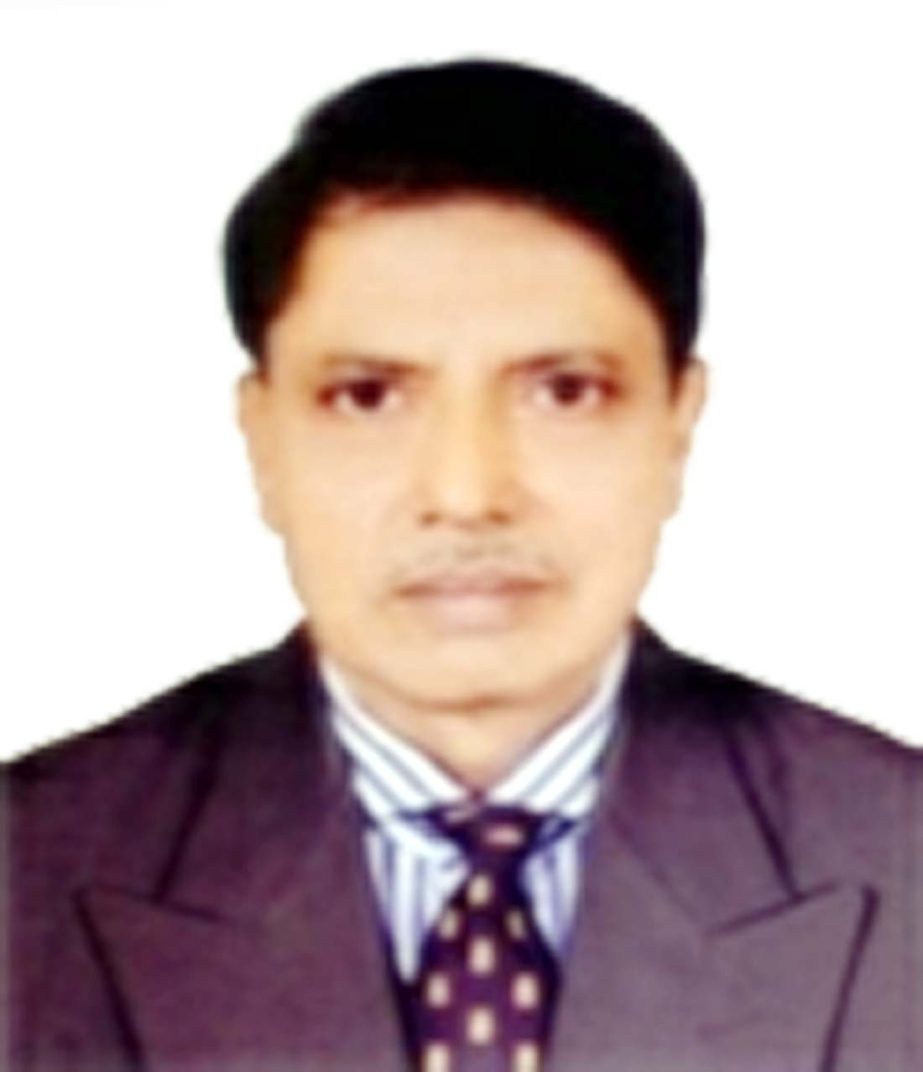
Dr. Forqan Uddin Ahmed:
Rivers play a big role in sustainable development. As a riverine country, our environmental economy, communication development, everything depends on the rivers. The hundreds of rivers are connecting our country like a net and almost all the rivers are connected with 57 inter-border rivers. As a downstream country, we have to depend on upstream countries. The source of all these transboundary rivers is outside Bangladesh. There creates a reaction to the rivers of our country for any kind of installation, project or intervention. As a downstream country, Bangladesh has always been talking about river-based cooperation on joint river comission or water sharing, water relevant conventions or protocols.
Bangladesh has always been in favour of the effective implementation of inter-countries water sharing agreement. We want greater water-based cooperation in the region. Bangladesh should use this international environment to build effective water-based cooperation. Bangladesh and India should take joint action. The two countries have goodwill in building water-based cooperation. But still no agreement can be reached on Teesta water distribution.
Thus, it will take many years to develop cooperative relations with 54 rivers. It should be remembered that river means not mere water. It is essential to think about environmental biodiversity. If we want to keep the environment and flow of the river intact, we have to keep a certain amount of flow. The rivers are of different uses. Rivers are important for navigation, irrigation and potable water resources. For this, we have to look at basin based management; so that all the people of the riparian countries get the benefits of the river. Then the complexity of water distribution can be largely avoided.
60 percent of our total population depends on river water for their only animal protein intake. Our fisheries sector contributes about 3.61 percent to the GDP. 11 percent of the total population of Bangladesh is engaged in the fisheries sector. 18 percent of drinking water comes from our rivers. The pathways of our rivers are measured at about 24,000 km. During the rainy season, this number is at 5,968 km while during the dry season it is at 3,865 km. approximately 0.7 million river vessels transport goods and passengers and 50 million people are carried through such waterways. This constitutes one quarter of all passenger traffic. Amounting to 50 percent of total freight traffic, these are more accessible and cheaper, being widely used by the poor. Its total contribution to GDP is 0.64 percent. They are also essential to our transboundary trade industry and have the potential to affect our economic growth.
Due to the occupation of the rivers, the river channels have become narrow, some of the rivers are already dead. As a result, houses and crop lands are being flooded with rain water and farmers are not getting water during the droughts. Although various steps have been taken to liberate the rivers, it is being hampered due to various obstacles. The encroachers of these riverside occupations are not among the common people, rather they are the powerful locals. The hands of the occupiers have fallen on almost all the rivers of the country. Various parts of 60 rivers across the country are known to be occupied by 49,152 influential people. And by occupying these rivers, houses, shops, factories, bus stands, etc. have been built. The rivers situated in the south-west region of the country are becoming filled. Silt management must be incorporated with river management. Furthermore, most of the rivers in Barishal are now covered in char. At this point, capital dredging or maintenance dredging has become futile. Char deposition is further perpetuated by polythene pollution and other industrial pollution where chemicals are disposed into the rivers without proper waste management.
The NRCC has the responsibility of finding the exact number of rivers in Bangladesh. This will allow us to assess precisely how many rivers have been lost over time. Our commission has been able to identify about 50,000 river-grabbers. Most of them happen to be governmental institutions.
The occupation of the river has taken a terrible form. The land grabbers have been occupying rivers and reservoirs as much as they can. The country’s prevailing laws and regulations, including the High Court’s verdict in 2009, have been working for two decades. Despite this, river occupation continues but the rivers around Dhaka, especially Turag, Balu, Shitalakshya, Tongi Khal and Dhaleshwari are being evicted. Considering the importance of river reform and maintenance, the Prime Minister and ECNEC President Sheikh Hasina instructed to carry out year-round river dredging at the meeting of the Executive Committee of the National Economic Council in November 2020. He mentioned that there should be a full year plan for capital dredging in big rivers to keep the river flowing properly and prevent erosion. The Prime Minister has emphasized on river flow and water resources management.
Finally we can say that rivers are very helping partner of the environment. Environment is related to many goals of SDG directly or indirectly. So there is no alternative to river protection. Rivers are part and parcel of our life. So we need to nourish the rivers. Rivers need to be preserved and well treated. If we really want to flourish our country and implement the SDGs target we need to have our sound political commitment. Rivers need to be managed with required financial allocation. The concerned authority must deal only with the feasible project by giving top priorities to save the rivers from extinction or permanent damage. So for the greater interest of the nation, the state must save the rivers from ruin with all its responsibilities.
(Dr. Forqan is former Deputy Director General, Bangladesh Ansar & VDP)

